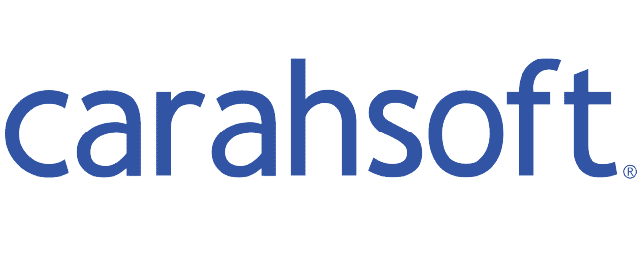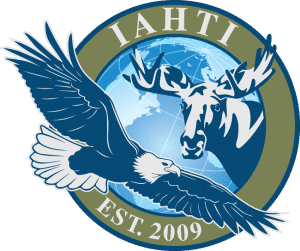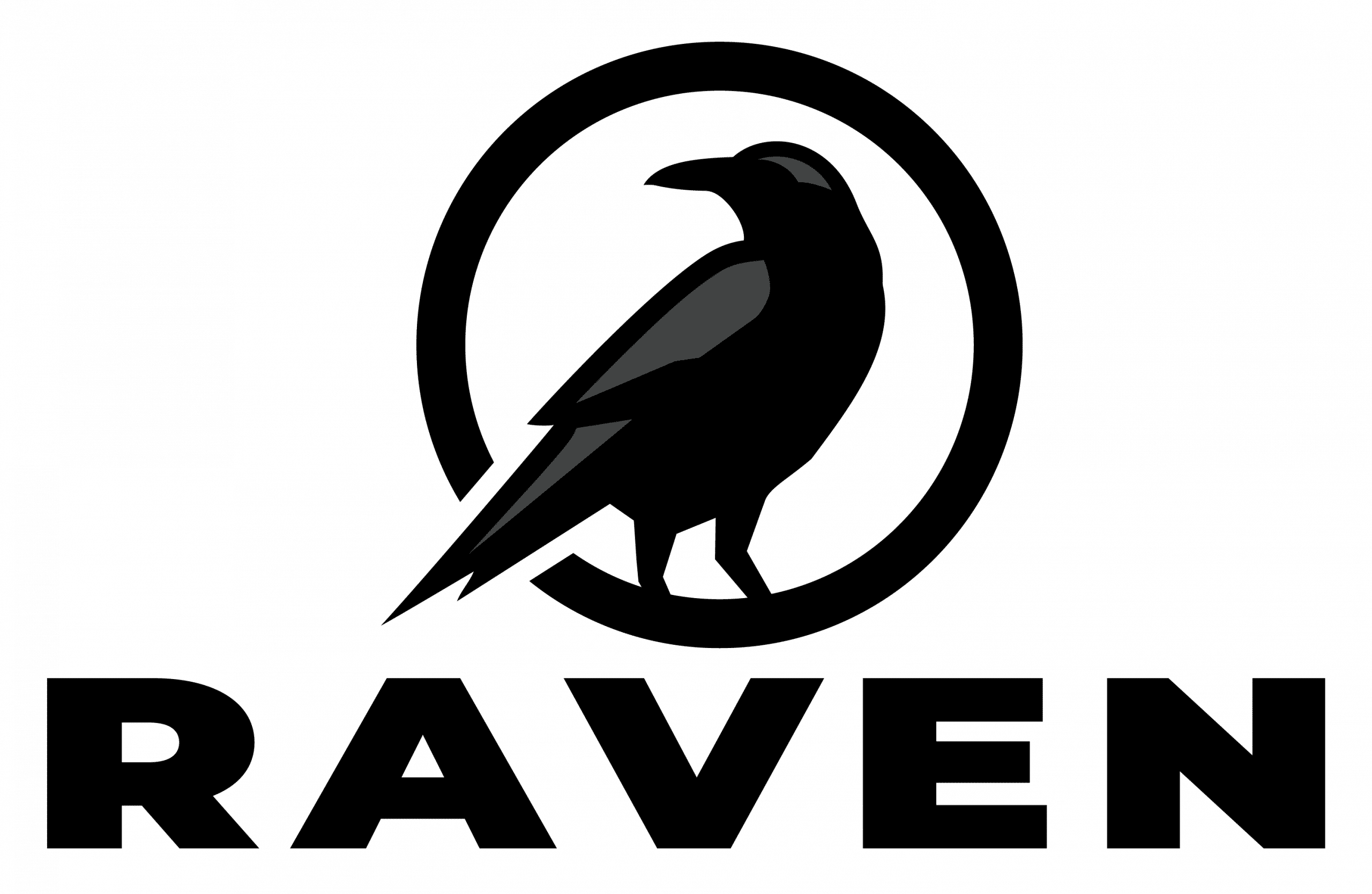Redefine what’s possible in the pursuit of justice
Magnet One unifies your digital forensics teams and products in one powerful platform.
Propel your investigations forward with a revolutionary platform that empowers you to close cases faster and redefine what’s possible in the pursuit of justice.
Solutions for
Magnet resources and events
Start modernizing your digital investigations today
Ready to explore on your own? Browse our products












